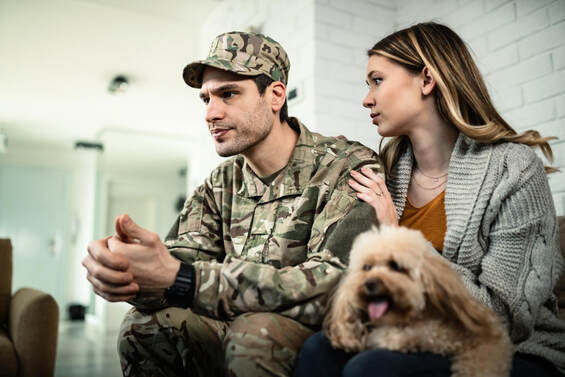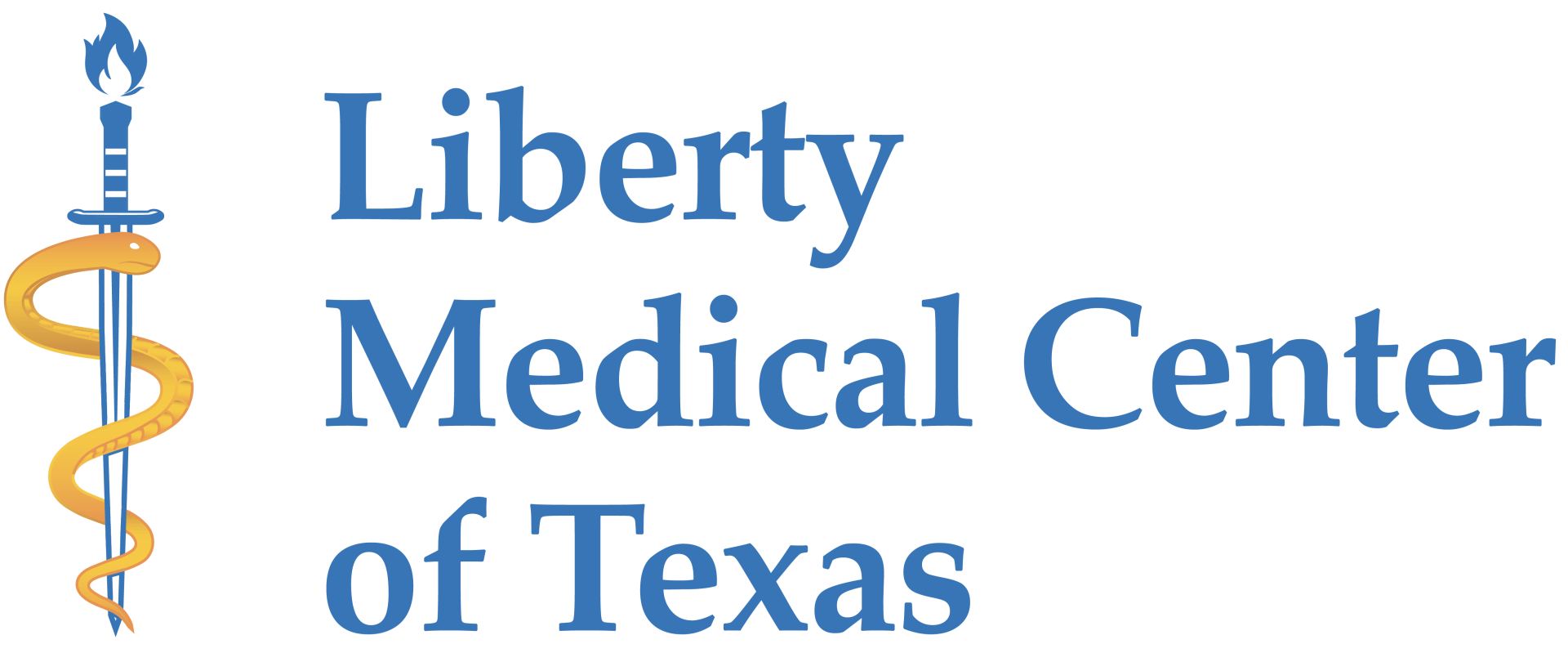 Image by Drazen Zigic on Freepik
Image by Drazen Zigic on Freepik
Coping With Avoidance Due to PTSD: A Day in the Life of a PTSD sufferer
by Vanessa Okoro
June 17, 2023
Almost everyone experiences a life changing event, positive or negative, at least once. For some the impact of this event could alter their life completely and affect the people in and around their lives as well. It could completely change how a person lives their life on a daily basis, places they go, and people they interact with. Over time they begin developing coping mechanisms to deal with their new reality. For a veteran who experienced a traumatic event — a car accident, an IED blast, military sexual trauma, or the death of a fellow Service member — that moment can continue to impact them for weeks, months, and even years. Reliving the traumatic event can become a new normal, as each time they hear a similar loud sound, read an article, watch the media on a similar or relatable situation, they are instantly reminded of their traumatic experience. Feelings of isolation, irritability, guilt, anxiety, insomnia, nightmares, and feeling numb or, conversely, feeling hyper aware of their surroundings are all common. They may withdraw from family and friends, places, events and activities. The effects of PTSD are pervasive. They decrease the mind’s ability to organize and process information and hamper the nervous system’s ability to regulate stress.
PTSD is typically characterized by three main groups of problems, classified under the headings of intrusive, avoidance and arousal symptoms. For the purpose of this article, we will focus on coping with avoidance symptoms. A person with PTSD can often seem uninterested or distant as they try not to think or feel in order to block out painful memories and the feelings associated with them. It may stop them from participating in family life or ignore offers of help, and can lead to loved ones feeling shut out. It becomes difficult to concentrate, they startle easily, and lose interest in things they used to care about. In an attempt to dull their feelings, some may resort to misuse of alcohol or drugs. The withdrawal from family, friends, society, and taking part in activities they used to enjoy can leave the person with PTSD feeling isolated and unloved, and the absence of shared enjoyable activities makes it difficult to have a normal family life. Their partner is often left with the full burden of running the family and in some cases a great deal of time and attention is spent focused on the veteran’s problems at the expense of their partner's needs.
A veteran with PTSD may have difficulty coping with pressure at work. Irritability, jumpiness, mood swings, poor concentration, and memory problems may lead to disputes in the workplace and frequent job changes. Nightmares and insomnia can lead to waking up feeling exhausted and unmotivated about the day. Alternatively, a "workaholic" pattern may develop as a way of attempting to avoid the painful memories and feelings. This seems to be part of the avoidance component of PTSD – keeping very busy helps to deter the memories and unpleasant thoughts.
People with PTSD often report strong feelings of guilt, shame, and remorse. This may be about the fact that they survived while others did not, it may be about what they had to do to survive, it may be related to things they did about which they now feel ashamed. It could also be something like a disability as a result of the incident, that they now have to live with for the rest of their life, like a disability. The nature of war is such that there are often no acceptable or "good" options and sometimes the guilt results from trying to apply civilian or peacetime standards to a combat situation. For some veterans, those emotions can get in the way of recovery and living a normal life.
There is always help and treatments are available to help PTSD sufferers. People around them, partners, friends, coworkers even though they are directly impacted as well, especially the former, also need to be equipped with ways to better serve and help them.
While the time of recovery varies, there’s help and our heroes deserve all the love, care and help they can get to navigate the trauma and have a fulfilling and beautiful life they deserve.
At Liberty Medical Center of Texas, we provide evidence-based treatments that can help you.
Treatments provided at Liberty Medical Center of Texas are:
Liberty Medical Center of Texas is one of several organizations dedicated to providing programs for mental health, trauma, PTSD, addiction, and depression for our veterans.
by Vanessa Okoro
June 17, 2023
Almost everyone experiences a life changing event, positive or negative, at least once. For some the impact of this event could alter their life completely and affect the people in and around their lives as well. It could completely change how a person lives their life on a daily basis, places they go, and people they interact with. Over time they begin developing coping mechanisms to deal with their new reality. For a veteran who experienced a traumatic event — a car accident, an IED blast, military sexual trauma, or the death of a fellow Service member — that moment can continue to impact them for weeks, months, and even years. Reliving the traumatic event can become a new normal, as each time they hear a similar loud sound, read an article, watch the media on a similar or relatable situation, they are instantly reminded of their traumatic experience. Feelings of isolation, irritability, guilt, anxiety, insomnia, nightmares, and feeling numb or, conversely, feeling hyper aware of their surroundings are all common. They may withdraw from family and friends, places, events and activities. The effects of PTSD are pervasive. They decrease the mind’s ability to organize and process information and hamper the nervous system’s ability to regulate stress.
PTSD is typically characterized by three main groups of problems, classified under the headings of intrusive, avoidance and arousal symptoms. For the purpose of this article, we will focus on coping with avoidance symptoms. A person with PTSD can often seem uninterested or distant as they try not to think or feel in order to block out painful memories and the feelings associated with them. It may stop them from participating in family life or ignore offers of help, and can lead to loved ones feeling shut out. It becomes difficult to concentrate, they startle easily, and lose interest in things they used to care about. In an attempt to dull their feelings, some may resort to misuse of alcohol or drugs. The withdrawal from family, friends, society, and taking part in activities they used to enjoy can leave the person with PTSD feeling isolated and unloved, and the absence of shared enjoyable activities makes it difficult to have a normal family life. Their partner is often left with the full burden of running the family and in some cases a great deal of time and attention is spent focused on the veteran’s problems at the expense of their partner's needs.
A veteran with PTSD may have difficulty coping with pressure at work. Irritability, jumpiness, mood swings, poor concentration, and memory problems may lead to disputes in the workplace and frequent job changes. Nightmares and insomnia can lead to waking up feeling exhausted and unmotivated about the day. Alternatively, a "workaholic" pattern may develop as a way of attempting to avoid the painful memories and feelings. This seems to be part of the avoidance component of PTSD – keeping very busy helps to deter the memories and unpleasant thoughts.
People with PTSD often report strong feelings of guilt, shame, and remorse. This may be about the fact that they survived while others did not, it may be about what they had to do to survive, it may be related to things they did about which they now feel ashamed. It could also be something like a disability as a result of the incident, that they now have to live with for the rest of their life, like a disability. The nature of war is such that there are often no acceptable or "good" options and sometimes the guilt results from trying to apply civilian or peacetime standards to a combat situation. For some veterans, those emotions can get in the way of recovery and living a normal life.
There is always help and treatments are available to help PTSD sufferers. People around them, partners, friends, coworkers even though they are directly impacted as well, especially the former, also need to be equipped with ways to better serve and help them.
While the time of recovery varies, there’s help and our heroes deserve all the love, care and help they can get to navigate the trauma and have a fulfilling and beautiful life they deserve.
At Liberty Medical Center of Texas, we provide evidence-based treatments that can help you.
Treatments provided at Liberty Medical Center of Texas are:
- Accelerated Resolution Therapy
- Anger & Anxiety Management
- Art Therapy
- Cognitive Behavioral Therapy (CBT)
- Eye Movement Desensitization and Reprocessing (EMDR)
- Music Therapy
- Animal Therapy
- Trauma-focused Cognitive Behavioral Therapy
Liberty Medical Center of Texas is one of several organizations dedicated to providing programs for mental health, trauma, PTSD, addiction, and depression for our veterans.
Related Posts:
Identifying PTSD in a Loved One
How Do I Know If I Need Support For My Mental Health?
Rx K9 – 5 Ways Dogs Help Veterans
Identifying PTSD in a Loved One
How Do I Know If I Need Support For My Mental Health?
Rx K9 – 5 Ways Dogs Help Veterans
References:
Post-Traumatic Stress Disorder (PTSD) and War-Related Stress. 2019. https://www.veterans.gc.ca/eng/health-support/mental-health-and-wellness/understanding-mental-health/ptsd-warstress
Sharon Kocin. 2015. PTSD: A day in the Life. https://sharonkocina.com/ptsd-everyday-life/
PTSD and Family. 2019. https://www.veterans.gc.ca/eng/health-support/mental-health-and-wellness/understanding-mental-health/ptsd-and-the-family
Post-Traumatic Stress Disorder (PTSD) and War-Related Stress. 2019. https://www.veterans.gc.ca/eng/health-support/mental-health-and-wellness/understanding-mental-health/ptsd-warstress
Sharon Kocin. 2015. PTSD: A day in the Life. https://sharonkocina.com/ptsd-everyday-life/
PTSD and Family. 2019. https://www.veterans.gc.ca/eng/health-support/mental-health-and-wellness/understanding-mental-health/ptsd-and-the-family

